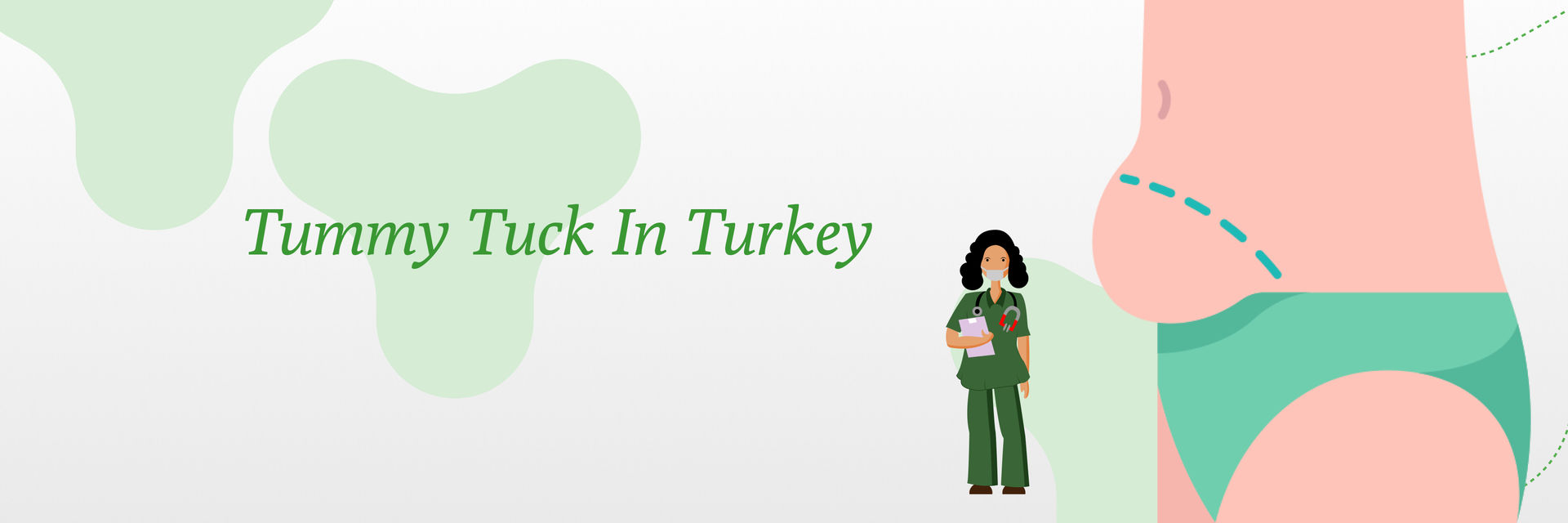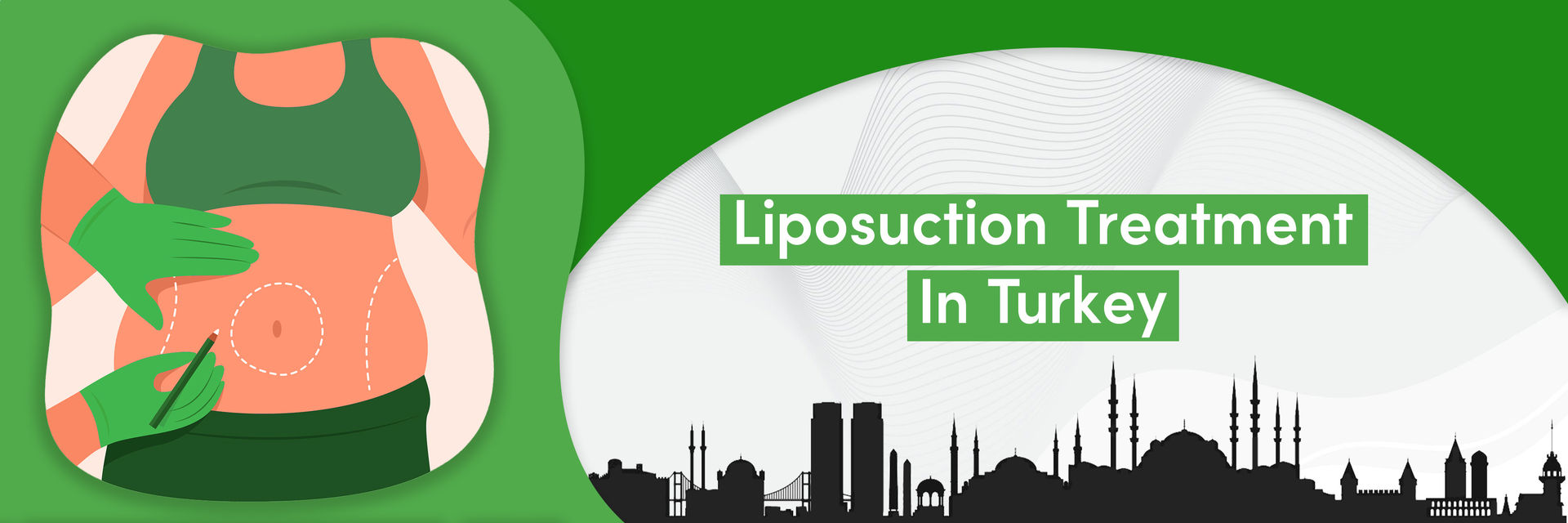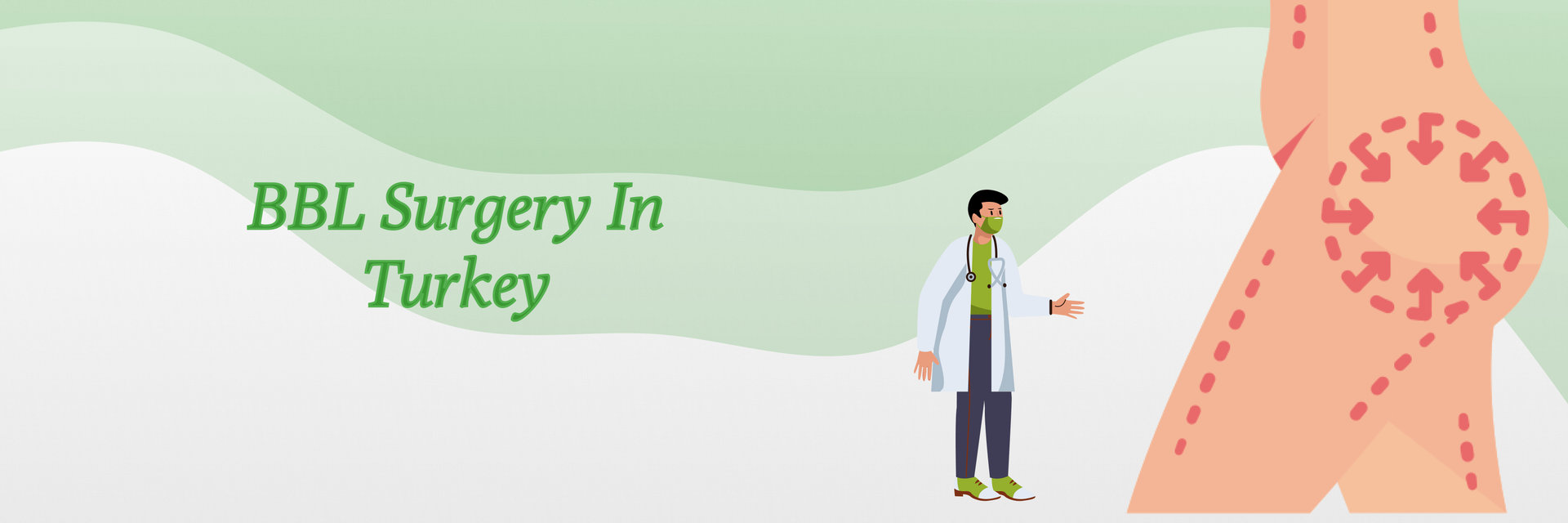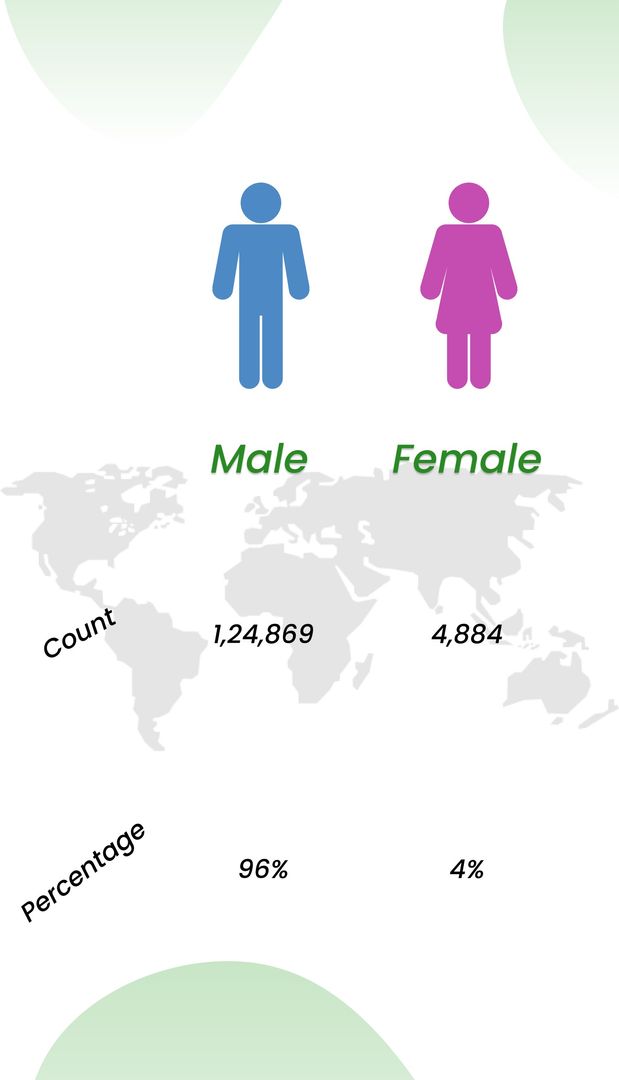
For women whose bodies have changed due to pregnancy, the treatment can be pretty effective, either on its own or as part of a mommy makeover. The fact that many obese women want to get breast surgeries, boob job, tummy tucks after giving birth is a considerable option for this surgical procedure.
A few types of tummy tuck procedures could be suggested for different individuals based on factors like overall health, body weight - whether obese or overweight, amount of excess skin and fat in your abdominal area, etc.
Keep reading to find more information in detail!
Types of Tummy Tuck Available for Obese Patients
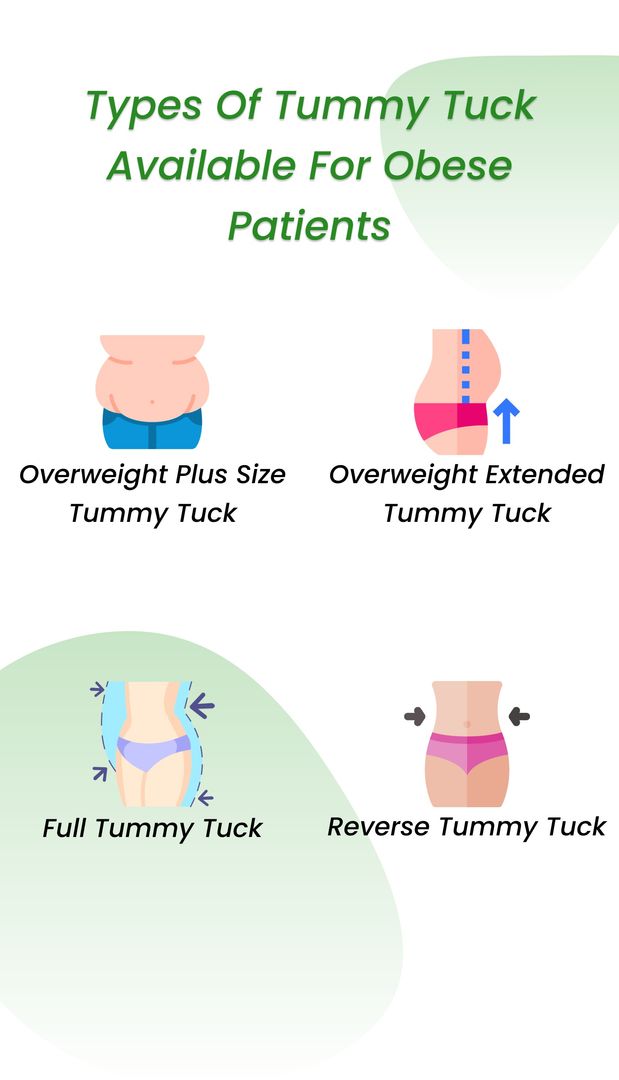
-Overweight plus size tummy tuck
It is generally safe for overweight or plus-size individuals. Still, it is essential to consult with a qualified plastic surgeon in India first to determine whether or not the procedure is appropriate for you.
- An overweight tummy tuck is a surgical procedure designed to remove excess fat and skin from the abdominal area. This procedure is typically recommended for individuals who have experienced significant weight loss or have excess skin and fat in the abdominal area that cannot be resolved through diet and exercise alone.
- Recovery from an overweight plus-size tummy tuck can take several weeks and may involve some discomfort and swelling. It is important for individuals to follow their surgeon's post-operative instructions and avoid strenuous activities during the healing process.
- Overall, a morbidly obese tummy tuck can help individuals achieve a more flattering and contoured abdominal appearance, boosting their self-confidence and overall quality of life.
- Overweight extended tummy tuck
An extended tummy tuck, or circumferential tuck, is a more extensive version of traditional tuck surgery. This type of surgery is also suitable for the obese who want to surgically remove excess skin and fat from the abdominal area and the hips, thighs, and buttocks. Like a traditional tummy tuck, an extended tuck can be a good option for overweight and obese people. However, you need a surgeon to determine if an extended tummy tuck is right for you.
- An overweight extended tummy tuck is a surgical procedure designed to remove excess skin and fat from the stomach area and tighten the abdominal muscles.
- In cases where an individual is overweight, an extended tummy tuck may be recommended as part of a larger weight loss plan. The procedure can help remove excess skin and fat from the stomach area, making it easier for an individual to lose weight and improve their overall health and fitness.
- Full Tummy Tuck
A full tummy tuck can be effective for individuals with loose or sagging skin in the abdominal area and those with excess fat that has not responded to diet and exercise.
- Reverse tummy tuck
A reverse tummy tuck, also known as a reverse abdominoplasty, is a surgical procedure focusing on the abdomen's upper part. It is similar to a traditional tummy tuck. A reverse stomach tuck is an uncommon treatment for the obese since it may result in some possible problems with breast shape and incision placement.
Only about 1% of people are suitable candidates for a reverse tummy tuck.
A non-smoker with loose upper abdominal skin is a good candidate for this procedure.
Like a traditional tummy tuck, a reverse tummy tuck is a major surgical procedure, and a specialist in this field should perform it. It is essential to carefully consider the risks and potential complications of a reverse tummy tuck before undergoing the procedure.
You can also consider getting the tummy tuck surgery in Turkey by the best plastic surgeons there.
If you think a tummy tuck is the best option, read on to clear your doubts!
Is tummy tuck the best option for people who are obese?

If you are obese and considering a tummy tuck, you must consult a qualified plastic surgeon to determine if the procedure is suitable for your body type.
"Plus size" can mean different things to different people, and it is difficult to define in a single word. When discussing plus-size patients in the context of plastic surgery, we typically refer to patients who weigh more than the "recommended" weight range of 30 pounds for their age, height, sex, and body shape. Again, though, there are a number of variables that can affect this range.
You must consult the best tummy tuck doctors In India and Turkey, to get the best treatment and at affordable costs compared to other countries.
What factors are there to consider when opting for a tummy tuck for plus-size people?
There are several factors to consider when considering a tummy tuck for plus-size people. First and foremost, the surgeon will evaluate your medical history, overall health, specific areas of concern, and goals for the procedure. They will also discuss the potential risks and complications of the surgery and help you make an informed decision about whether a tummy tuck is right for you.
Other factors to consider include the type of tummy tuck that is most appropriate for your needs and body type, the expected recovery time and post-surgical care, and the overall cost of the procedure. It's also important to have realistic expectations and to understand that a tummy tuck is not a weight loss procedure but rather a surgical technique to remove excess skin and fat and to tighten and tone the abdominal muscles.
According to Dr. Javad Sajan, a medical expert and internationally recognized plastic surgeon from Allure Esthetic, Seattle has stated -
Other than BMI, a patient's age, medical history, history of weight gain and loss, current medications, and the patient's goal for surgery. Also, since a tummy tuck is a skin removal surgery, it depends on how much of their weight is extra skin.
It's important to remember that the success of a tummy tuck, like any other surgical procedure, depends on many factors, including the skill and experience of the surgeon, the individual's overall health and body type, and their ability to follow post-surgical care instructions.
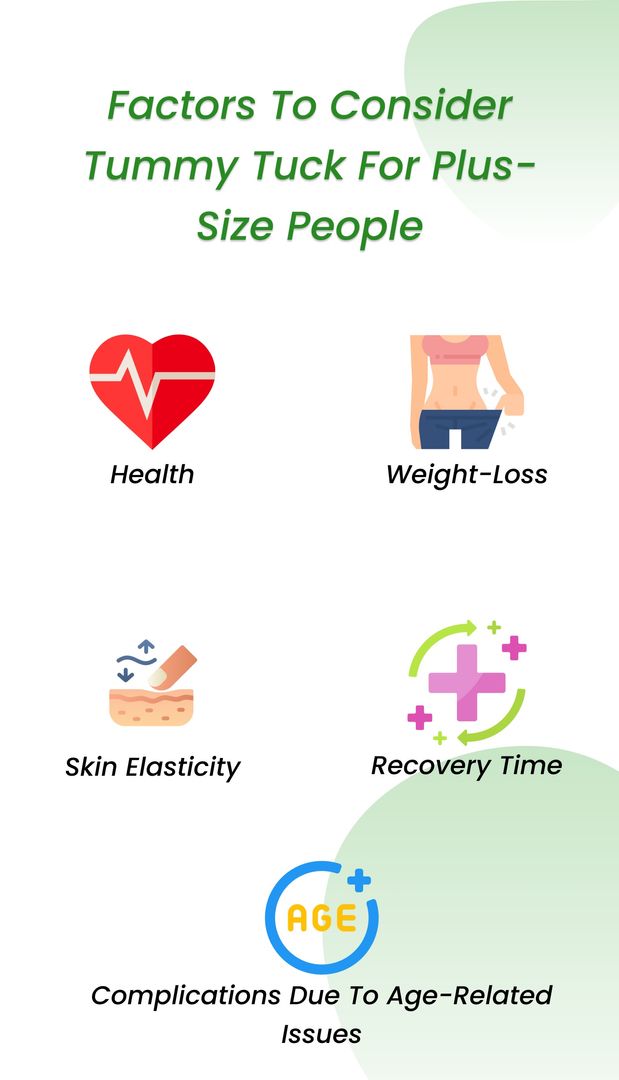
1. Health: It is important to be healthy enough for the procedure. Plus-size people should have a thorough medical evaluation and discuss potential risks with their doctor. It can be risky for patients with existing medical conditions such as diabetes, high blood pressure, heart disease, or other chronic illnesses.
2. Weight Loss: People considering a tummy tuck should be at or close to their ideal weight. If the patient is not close to their ideal weight, they should consider a weight loss plan before undergoing surgery.
3. Skin Elasticity: Plus-size patients may have less skin elasticity, affecting the procedure results. It is important to discuss this with your doctor and to be realistic about the results you can expect.
4. Recovery Time: Recovery time can be longer for plus-size people due to their extra weight and the amount of tissue being removed. It is important to discuss expectations with your doctor to ensure a successful recovery.
5. Plus-size people may be more prone to complications due to age-related issues such as poor skin elasticity or a weakened immune system. It is important to consider the patient's age before proceeding with a tummy tuck.
It is crucial to keep in mind that the best treatment option for you will depend on your individual needs and goals!
What BMI is good for a tummy tuck for obese people, and why is it important?
The body mass index (BMI) measures body fat based on height and weight. A BMI of 18.5 to 24.9 is considered healthy, a BMI of 25 to 29.9 is considered overweight, and a BMI of 30 or higher is considered obese.
Although a BMI of less than 30 is thought to be best for tummy tucks, you can still get a successful procedure even if you are obese. The maximum BMI that can be achieved before a belly tuck is 35. Remember that the closer you are to your ideal BMI, the better the outcome will be.
A high BMI tummy tuck can lead to a number of risks during and after the completion of surgery. This is because individuals who are significantly overweight or obese may have a higher risk of complications from surgery like diabetes, joint pain, or heart disease, due to which they may not achieve the best results from a tummy tuck.
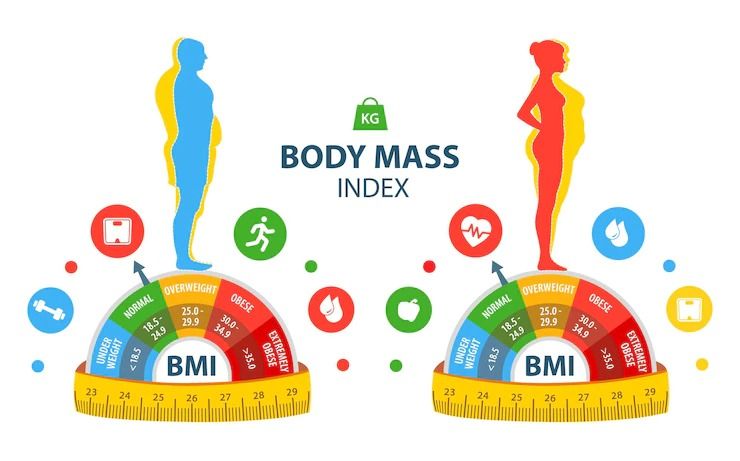
Category | BMI Range for Adult Men | BMI Range for Adult Women | Risk |
Overweight BMI | Between 25 to 29 | Between 25 to 30 | Ideal BMI for tummy tuck |
Obese BMI | Between 30 to 35 | Between 30 to 35 | Maximum BMI for tummy tuck |
Extremely Obese | Between 35 to 40 | Between 35 to 40 | Higher risks factors, not suggested for tummy tuck |
- At any age, tummy tuck with high BMI carries some or other risks.
- So, particularly while considering a tummy tuck if you have a high BMI. To name a few of these risks, there are chances of suffering from heart disease, hypertension, diabetes, and stroke.
- On the other hand, a low BMI can be dangerous, especially for the elderly. Due to this, some experts, such as the National Institutes of Health, have suggested that older persons should maintain a BMI between 25 and 27. If an adult or an older individual has a BMI >40, it would be suggested that they lose adequate weight for the surgery.
It is important to remember that BMI is not the only factor determining whether a tummy tuck is appropriate for an obese person. To determine if a tummy tuck is right for you, consider your overall health, medical history, and the amount of excess skin and fat in your abdominal area.
Which type of tummy tuck is best for the obese and why?
There are different types of surgeries available for obese people like gastric bypass surgery, bariatric surgery, intragastric balloon, etc. However, tummy tuck is not advisable for weight loss, it is suitable for people with excess or sagging skin. The type of tummy tuck that is best for the obese will depend on the individual's specific needs, and your plastic surgeon is the best person to guide you through this. In general, a mini tummy tuck or a traditional tuck may be appropriate for people with a small amount of excess skin and fat in the abdominal area. These procedures can improve the appearance of the abdomen, but they may not be as effective for individuals with a large amount of excess skin and fat.
According to the expert, Dr. Sacha Obaid, an experienced plastic surgeon at North Texas Plastic Surgery, the best type of tummy tuck for overweight individuals is a full or extended tummy tuck.
In general for larger patients, more extensive tummy tucks such as the extended tummy tuck or the circumferential tummy tuck are the best. These surgeries focus on not just contouring the front of the waist, but also the side and the back.
This surgery removes excess skin and fat from the upper and lower abdominal areas, sides, and back. It also tightens the abdominal muscles to create a smoother and firmer stomach. This procedure is ideal for obese individuals because it addresses the excess skin and fat that often results from significant weight loss. It can also help improve the appearance of stretch marks and loose skin in the abdominal area.
Risks of tummy tuck surgery

Like any surgical procedure, tummy tuck surgery for the obese carries certain risks and potential complications. These may include:
- Infection: Infection is a rare but potentially severe complication of tummy tuck surgery in obese patients. Symptoms of infection may include fever, redness, swelling at the surgical site, and drainage from the incision.
- Bleeding: Bleeding is a common complication of tummy tuck surgery and even for obese patients, and it may occur during or after the procedure. In some cases, bleeding may be severe enough to require additional surgery to control the bleeding.
- Scarring: Tummy tuck surgery for the obese will result in scarring, and the location and appearance of the scar will depend on the type of tummy tuck performed. In some cases, the scar may be large or noticeable, and it may take several months or longer to fade.
- Changes in sensation: Some individuals with a higher BMI or those who are obese may experience changes in the sensation in the abdominal area after tummy tuck surgery. This may include numbness, tingling, or sensitivity to touch. These changes are typically temporary, but in some cases, they may be permanent.
- Complications from anesthesia: Any tummy tuck surgery typically requires general anesthesia, which carries its own risks and potential complications. These may include allergic reactions, difficulty breathing, and changes in blood pressure.

Your surgeon can help you make an informed decision about whether or not tummy tuck surgery is right for you by keeping in mind all the necessary factors. It is important to consider the patient's lifestyle and whether they are committed to making long-term lifestyle changes. Exercise, healthy eating habits, and regular follow-up appointments with the surgeon are essential for the best results following a tummy tuck.




